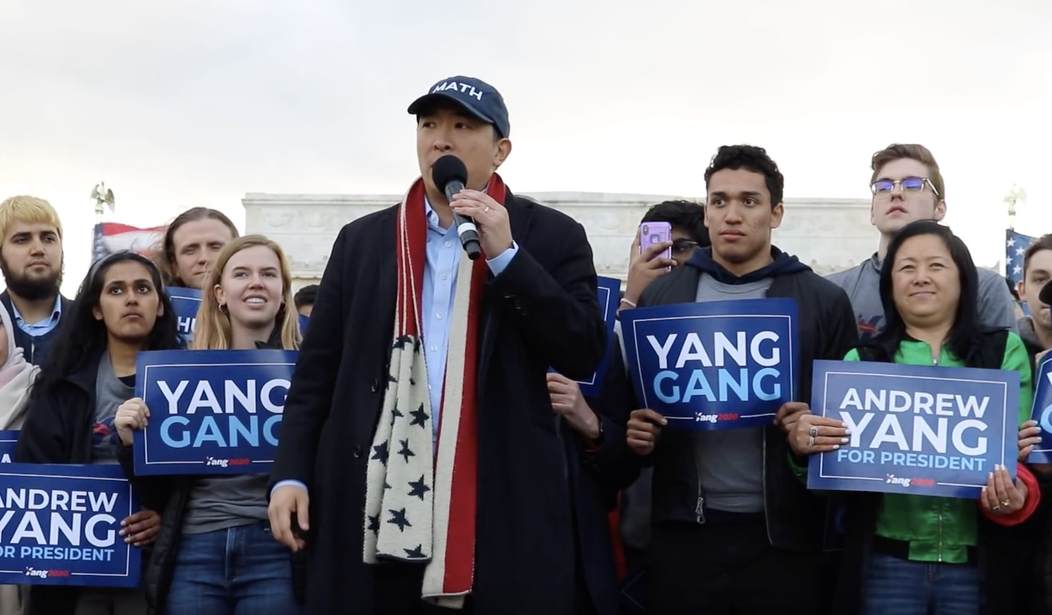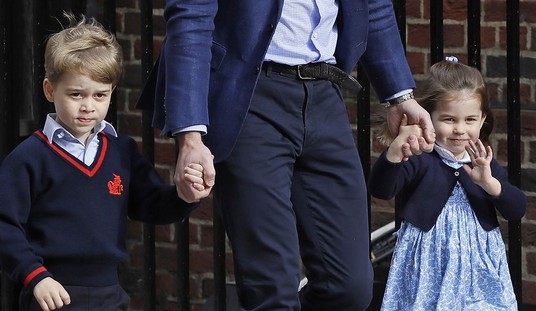WASHINGTON – Democratic Presidential Candidate Andrew Yang told PJM that the U.S. should follow other countries and impose a Value Added Tax (VAT), which he argued “would benefit all but the richest Americans who consume a great deal of resources.”
Yang said he understands the concern that his 10 percent VAT could hurt U.S. consumers, but he estimates that it would generate about $800 billion in “new revenue” to pay for his Universal Basic Income (UBI) plan. Under Yang’s proposal, $1,000 would be provided each month to every American from age 18-64 regardless of the amount of their annual income.
“Now, 10 percent would be the base rate but we could exempt consumer staples that more Americans use every day and have a slightly higher rate on luxury goods that people at the top can afford a bit of a price increase on and we need to make this kind of move because right now the richest companies in America, like Amazon and Netflix, are literally paying zero in federal taxes,” Yang said during an interview after his campaign rally at the Lincoln Memorial on Monday. “You look at that situation and you say, ‘OK, are they doing something wrong or are we doing something wrong?’”
Yang said every other “advanced economy already has a value-added tax” at a higher rate than the 10 percent he would like to see in the U.S.
“The reason why other countries have adopted a Value Added Tax is because it is much harder even for sophisticated companies to game their way out of paying taxes that are benefiting from your consumer market or your economy,” Yang said after the rally, where he wore a MATH hat, standing for “Make America Think Harder.”
Yang’s VAT would be imposed on top of existing state and local sales taxes.
“Most of those local and state taxes are in the hands of the municipality or the state but keep in mind, in this proposal, every dollar from the VAT and then many other dollars would be going directly in the hands of American consumers,” Yang said.
“And so while I understand the concern that in a vacuum a Value Added Tax could be regressive, in a world where American consumers are actually getting that money and then some, it would benefit all but the richest Americans who consume a great deal of resources – approximately the bottom 95 percent would benefit; approximately the top 5 percent would be net payers,” he added.









Join the conversation as a VIP Member